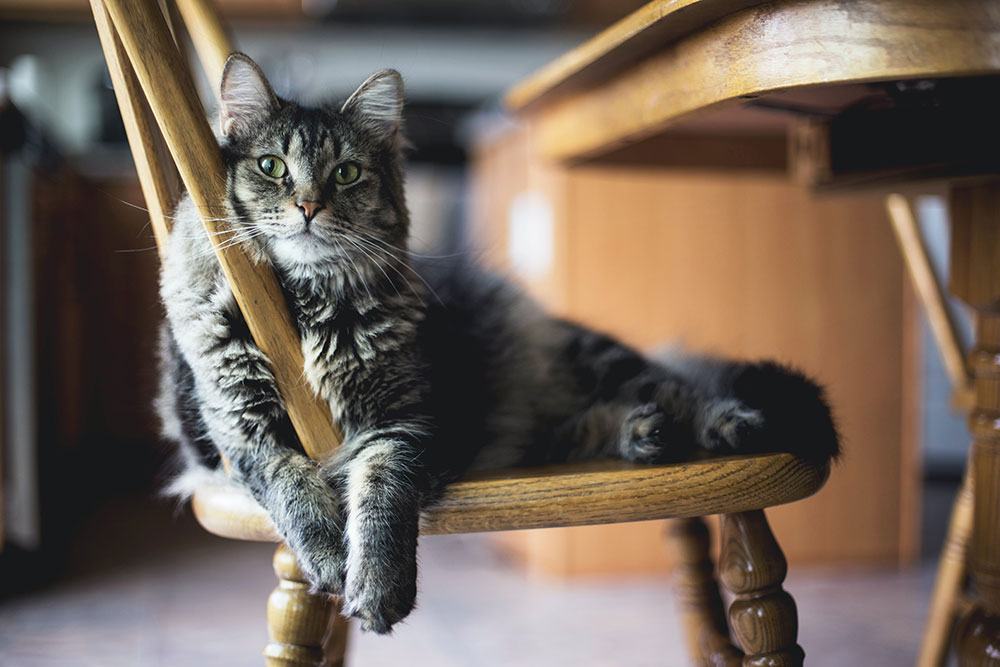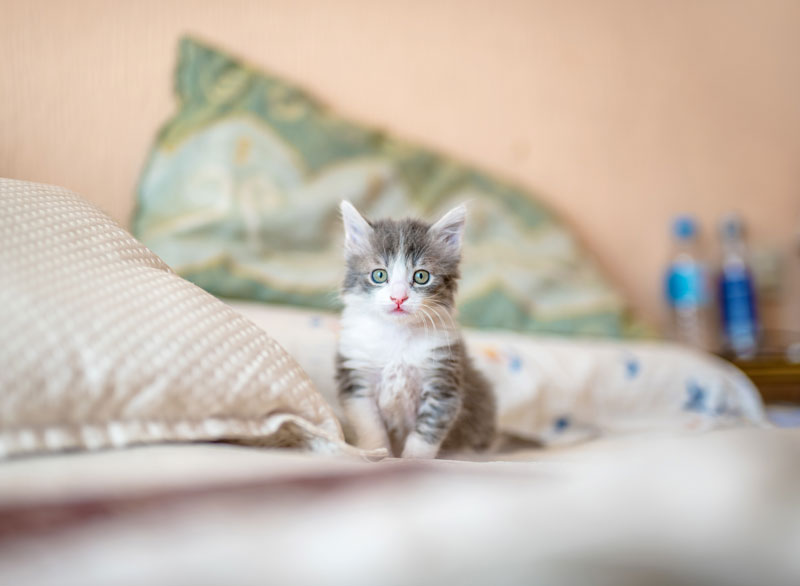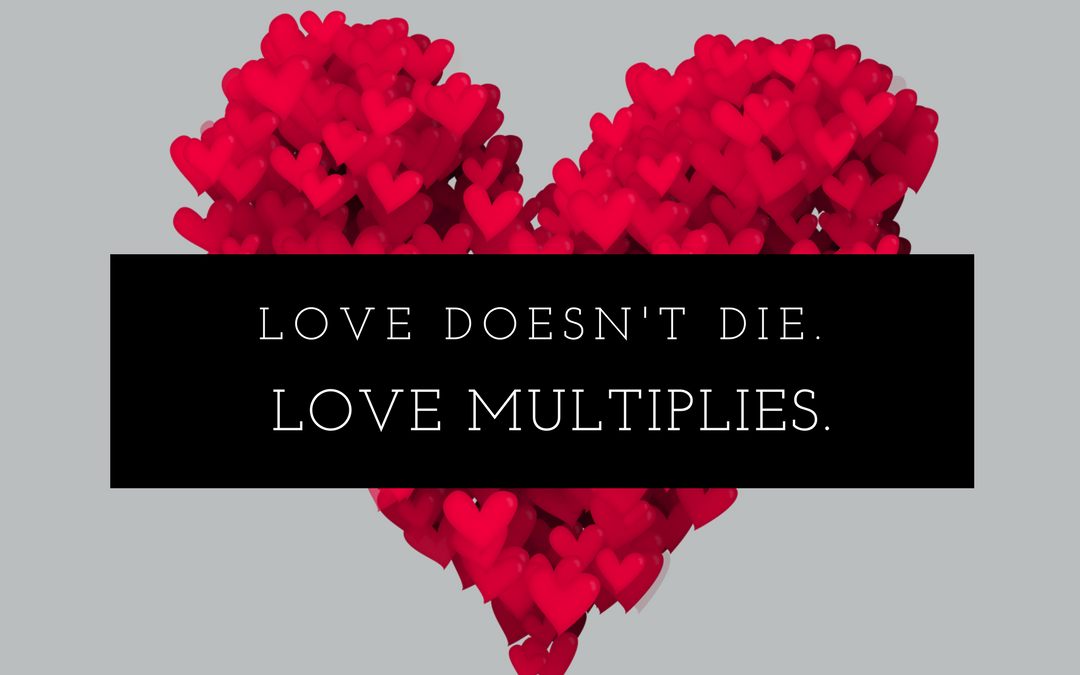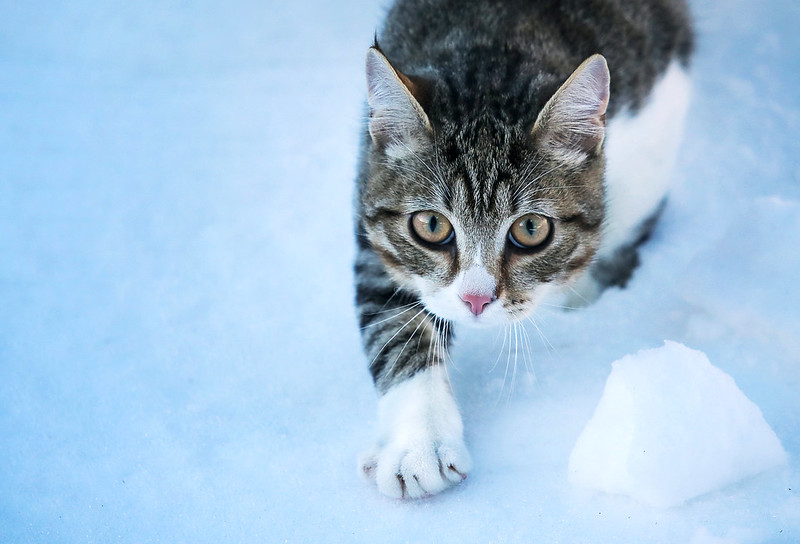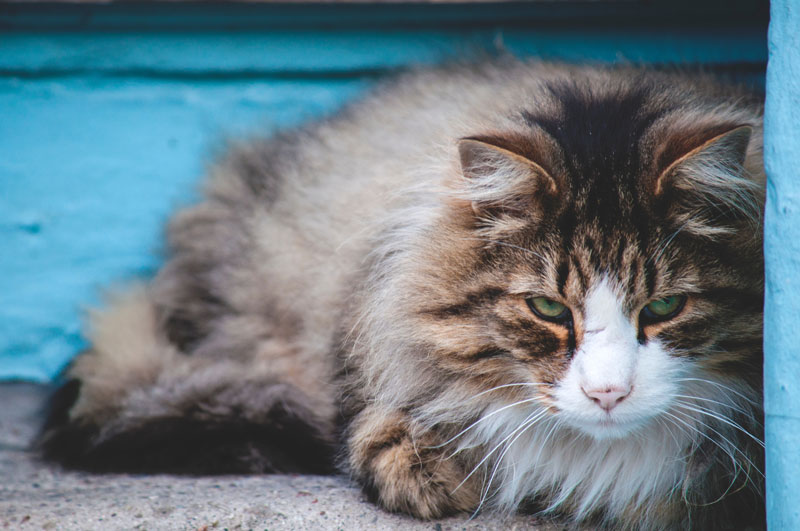
The Power of Giving (or, Why Tuna is a Gift Book)
The Tuna book grew out of a gift from Francis to me. I’d known Francis (and admired his art) for 15 years, though until a few years ago, I’d known him mostly as ‘Dianna’s husband.’
Three days after Hedda died, Francis sent me a sketch of Hedda with a note that read: “Dear Sarah, Hedda is telling you: Our love is giving you strength to go forward. That is what love is about, right?!”
Then he wrote, still in Hedda’s voice, “p.s. I love you more than tuna.”
I cried, of course, and in the midst of my tears, the writerly part of my brain thought, “That would be a great book title…”
When I received this heartfelt gift from Francis, I felt seen. In the gesture, I implicitly understood that he was saying, “I know how much you loved this being. I know this relationship meant a great deal to you, and I understand how sad you are.” He validated my grief, which is something that bereaved pet guardians often need after an animal’s death.
The power of being witnessed when grieving a pet
I was extremely fortunate, in that when Hedda died, I had multiple friends offering support of all kinds. I never once felt misunderstood or judged for my grief. This allowed me to accept that the loss had happened, which was key in my ability to process my feelings and continue living my life, even with sadness and without Hedda.
Pet loss is often considered disenfranchised grief, meaning that our culture does not recognize it as a major life loss. This can contribute to prolonged grief and even complicated grief, a form of grief that doesn’t ease up over time. Over the past several years, I’ve seen just how many people have had absolutely no one validate their grief, no one to talk to or cry with. And often, that does seem to make grief interminable.
Being witnessed in grief, having another recognize our very personal loss, goes a long way towards healing. Or at least, towards the first step of healing: Accepting that the loss happened.
Experience the joy of giving
Back in 2011, I had been off all daily mood medication for a year and was working intently to rewire my brain for inner peace.
I discovered a community called 29 Gifts, based on book by the late Cami Walker, 29 Gifts: How a Month of Giving Can Change Your Life. The premise was to give something away every day for 29 days. A “gift” doesn’t have to be material. A gift could be giving someone patience, or directions (or forgiving the person who cuts in front of you at the grocery store). Over the course of 29 days, something shifted profoundly in me. So much so that I continued to do “rounds” of giving for four years, until the original community was dismantled. Over the course of those years (and ever since), I’ve continued to “practice” on my own.
I’ve maintained this giving practice (which Buddhists might call a “generosity practice”) because giving was, and is, the best antidepressant I’ve ever found. When I can stay present enough to recognize someone else’s need and then meet that need in the moment, I feel so expensive. Truly joyous.
As I write in the essay linked above, I grew up with a father who asked me every night, “What have you done today to justify your existence?” I was taught that I wasn’t deserving of others’ attention, and my early life experience bore that out—so much so that I believed it to be fact. So for a long, long time, I didn’t want to give gifts. I wanted somebody to take care of me, and if my parents or other caretakers weren’t going to do that, I would do it myself. Discovering the joy of giving was an absolute revelation.
And it continues to be.
Tuna as a gift book
I want people to experience the joy of giving something meaningful to someone else, because simply reading about it doesn’t confer the experience.
Ultimately, Tuna has a couple of different purposes. The first is to help people heal from their cat’s death. Anyone is (of course!) welcome to purchase it for themselves. Yet I really, really hope all of you reading this will gift the book to friends, family members, colleagues or clients. Because then you will fulfill my second vision for Tuna: To help people discover the joy of giving.
I see the “gift book” aspect of Tuna as a positive for both giver and recipient—even in the midst of a very difficult situation. Or—thanks, 2020—two, three, ??? difficult situations: The first, that someone is grieving their cat; the second, that right now, chances are that we can’t offer that person a hug. As Ingrid King of The Conscious Cat wrote when she first read Tuna, “This little book is like a warm hug from a friend who understands how much your cat meant to you.”
There are so many ways I hope that Tuna will bring healing to the world: For bereaved cat-lovers, comfort. For their friends, the book buyers, I wish the expansiveness that comes from meeting another person’s need. For Best Friends Animal Society, to which I’m donating 10% of my share, hopefully enough to contribute to one part of their work: helping to match low-income pet owners with resources that allow them to keep the pet in the home. And for Sounds True, the book’s publisher, hopefully enough to contribute to the Sounds True Foundation, which donates their books and audio programs to people living on low incomes and those who are incarcerated.
And, of course, I hope some will flow back to Francis and me! But if I’ve learned anything over the past seven years, it’s the truth of the phrase, “It has to flow out before it flows in.”
